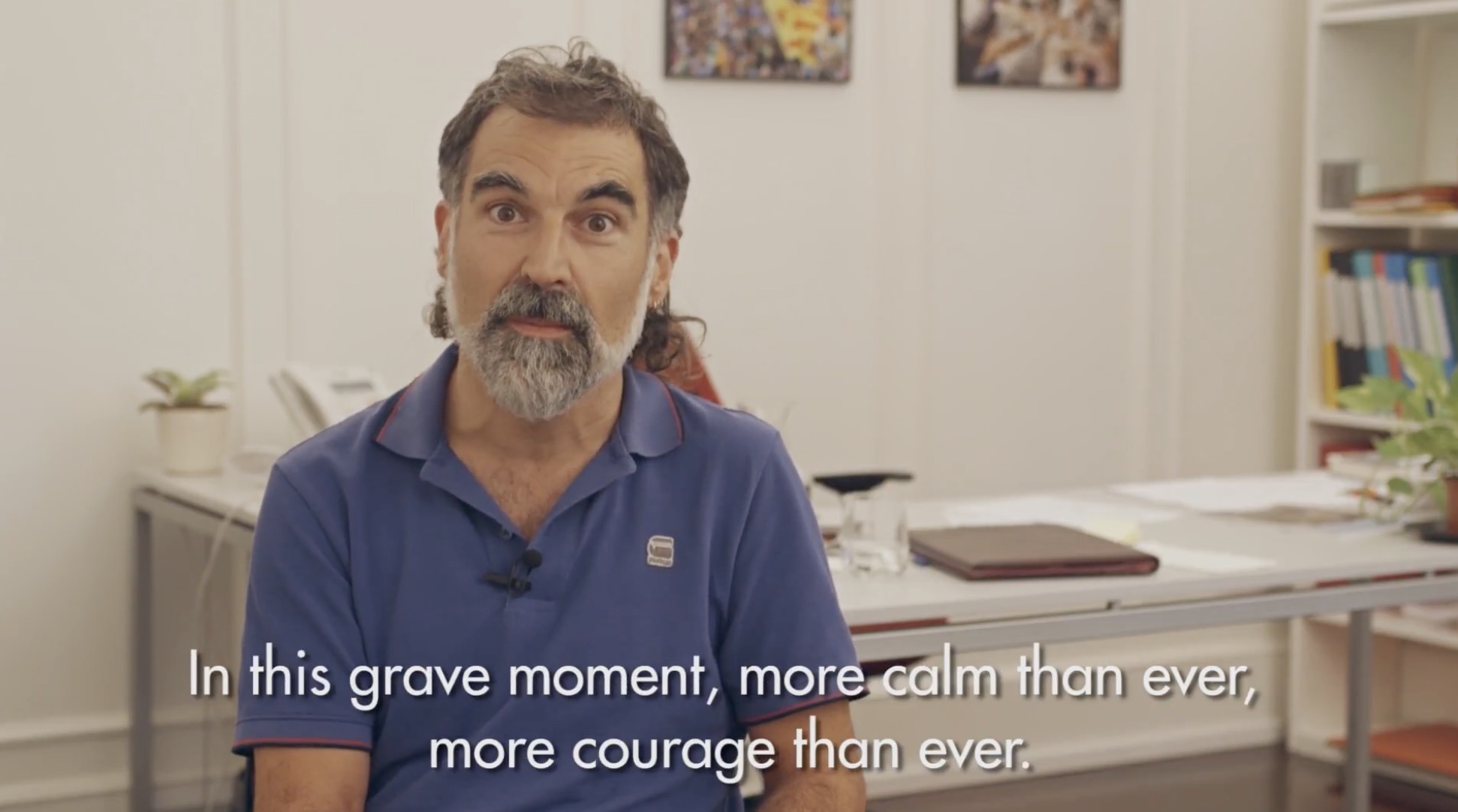
I typically try to avoid news on Sundays, but I spent much of yesterday in complete awe of the extraordinary strength and fortitude of the Catalan people in the face of totalitarian violence from the Spanish state against citizens attempting to vote in a peaceful referendum. Before you start telling me about how the vote is illegal and goes against the Spanish constitution, let me be perfectly clear. That line of thinking is entirely irrelevant to the point of this post.
Specifically, I believe humanity is reaching a point in its evolution, both from a consciousness perspective as well as a technological one, where we’ll begin to increasingly question many of our silly contemporary assumptions about how governance should work. The primary one is this absurd notion that a nation-state should be seen as a permanent structure of political governance which only becomes dissolvable in the event of violent revolution or war.
When it comes to great leaps in human progress, a crucial component to lasting change is convincing enough people that a particular way of organizing human affairs is outdated and harmful. I think if we take a step back and look at how people are governed across the world, there are very few places where “the people” feel they live in societies in which they exert any sort of genuine political self-determination. When we look at the last few decades of political governance in the Western world, a march toward more and more centralized political power has been a facet of life in both the U.S and Europe. I believe this trend is being pushed to its breaking point, and groups of humans with common culture, language and interests will increasingly question whether massive nation-states (or wannabe super states like the EU) make sense. In the past five years alone, Scotland held a referendum on UK membership, Great Britain voted to leave the EU, and most recently, Catalonia took a major step toward independence with yesterday’s banned referendum.
Read more
Follow me on Twitter.







